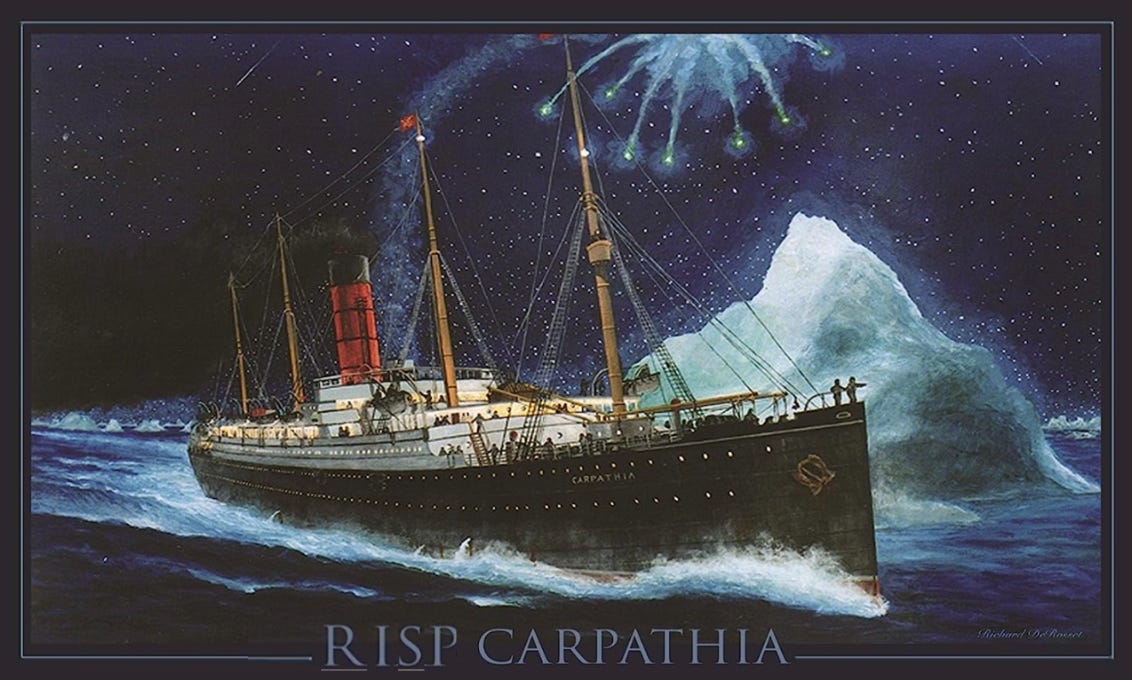Padresing
On Tuesday, needing a victory, and being presented with a reeling Pittsburgh Pirates team in the midst of a 1 and 12 skid, the Padres were dealt a bit of bad luck. Yu Darvish was scratched from his start with an illness. But the Padres still had agency to influence their fortunes. Blake Snell was on 4 days rest, a span traditionally considered to be full rest. Snell has been on a torrid streak, shoving to the tune of only 2 ER allowed over his last 6 starts (not a typo, Sandy Koufax stuff). Rather than start Snell, the Padres opted for a bullpen game. What followed could charitably be described as the Padre’s own Deepwater Horizon. Reiss Knehr started and gave up 5 ER in the first 2 innings. The Padres never recovered, eventually losing 9-4. This was a bad loss to a bad team. We can’t know what would have happened had Snell been given the start, but we can know that the Padres chose a strategy that offered a decidedly lower win probability. This is Padresing. This is finding yourself facing adversity, but with the luxury of agency to improve your fortune, and opting not to. Such decisions take on leverage when the window for success has grown so narrow. If we were firmly entrenched in the playoff hunt, throwing a bullpen day to preserve a 5 day rest cycle could be a sage investment that pays off with a fresher starting staff in the postseason. But the likelihood of reaching that postseason is diminishing before our eyes with each squandered opportunity.
Bad luck befalls everyone, but as we’ve outlined not all bad luck is immutable. Sometimes bad luck strikes like lightning in a clear field on a sunny day.
Juan Soto did nothing wrong here, Josh Palacios just makes a once in a career catch1. This is bad luck striking like lightning. But other times you can see the dark clouds gathering, and it’s a choice to walk into the storm. We did this on Tuesday. We were met with bad luck but didn’t strike at the opportunity to tilt our fortunes. We opted to prioritize a future that may never materialize.
On Insanity
Almost half the season is gone. The Padres are 37-42, a .468 winning percentage. They likely need to reach 87 wins to make the playoffs. That means 50 wins across the final 83 games to reach the postseason, a winning percentage of .602.
There’s an old saying attributed to Einstein2 that ‘Insanity is doing the same thing over and over and expecting different results.’ So is it insanity to expect the team that had a .468 winning percentage across the first 79 games to perform at a .602 clip across the remaining 83? Maybe. There is one exception to the Einstein definition of insanity: when there is evidence of an unsustainable performance. In these cases doing the same thing over and over again is expected to lead to different outcomes as performance regresses to the mean. We’ve outlined why the Padres’ greatest weakness is paradoxically the greatest source for optimism. The RISP woes are almost certainly in part due to unsustainable bad luck, destined to regress positively even if the Padres make no roster changes and keep running the same lineup out over and over. But as we bank losses, the likelihood we realize the 50 win gambit gets slimmer. Each game that slips away demands more leverage from whatever positive RISP regression we achieve. Tuesday was a perfect example of this. The Padres were 4-9 with RISP, and lost. That’s one game of positive regression wasted.
The reality is that this season could still be salvaged through positive RISP performance regression, combined with maintaining our world beating performance at run prevention. But Tuesday’s game laid bare one of the hidden-in-plain-sight weaknesses on the run prevention side: the back of the bullpen was always bubblegum and duct tape. The loss Tuesday was due to the back of the bullpen getting keelhauled, lit up like so many distress flares. And now the injuries are setting in. We will be without Steven Wilson for what is likely to be the defining stretch of the season. It would be the most PADRES outcome for the RISP positive regression to come just as the run prevention regression offsets it. Only time will tell. We’re not sure if we’re looking forward to finding out.
It shouldn’t go unnoticed that the Pittsburgh Pirates are the quintessential example of a team that was in the midst of an unsustainable performance which is now regressing to the mean. The Pirates carried a precarious run differential through the early part of the season to a division leading W-L record, floated by deeply unsustainable performances including Padres castaway Jack Suwinsky out slugging all of MLB sans Ohtani. The Pirates were always fool’s gold. They were always the Pyrites. And as the Pirates sink down into the depths, the Padres are trying to tread water long enough to survive their own unsustainable performance. They’re hoping that positive regression will be a life preserver. They’re desperately searching the horizon for the RISP Carpathia. But their legs are getting tired.
This may just be an example of the Matthew Effect




